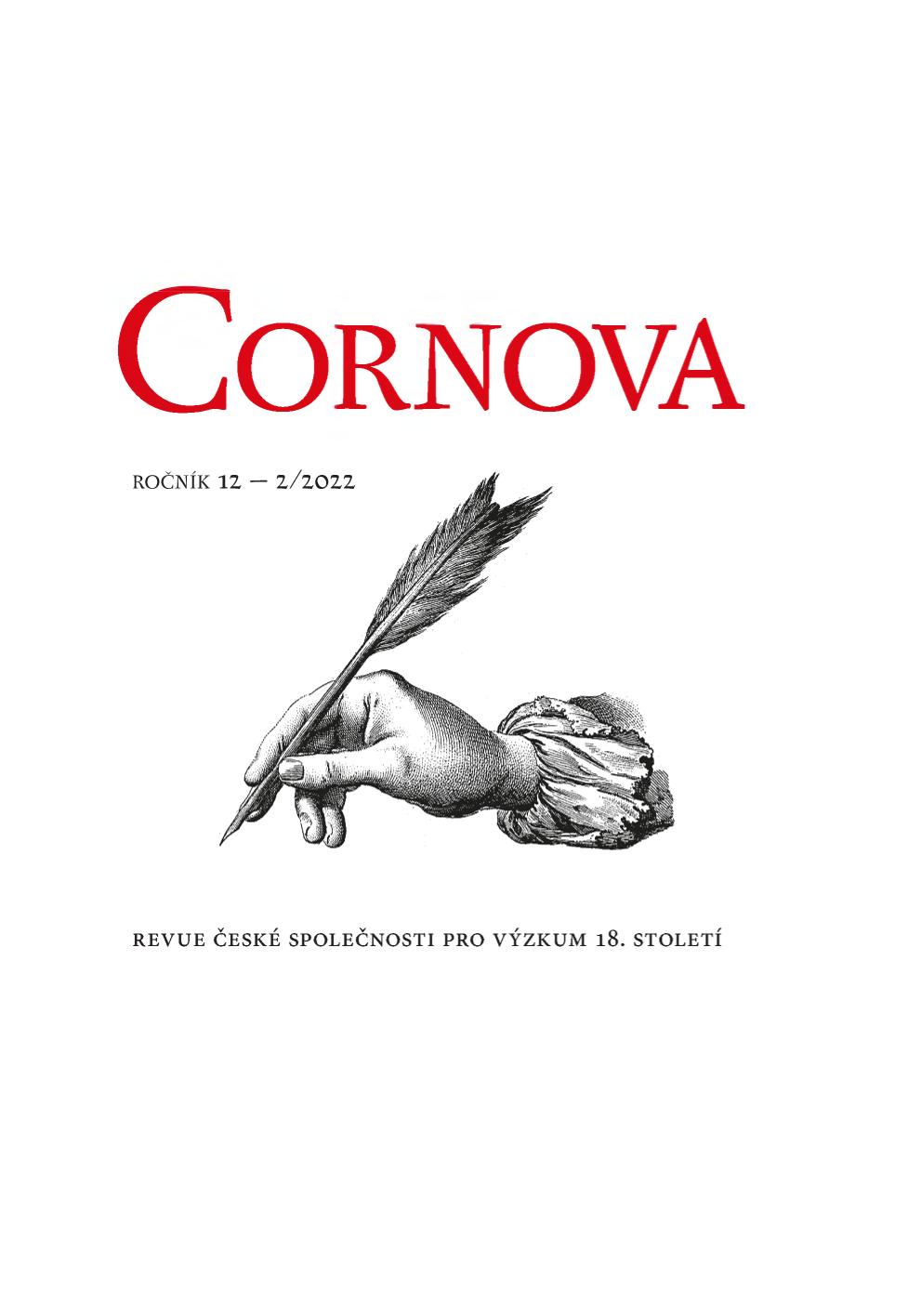The Labours of the Prague Obstetrician Johann Melitsch (1763–1837). Contribution to the Topic of the Professionalising of Obstetrics in the 18th Century
The Labours of the Prague Obstetrician Johann Melitsch (1763–1837). Contribution to the Topic of the Professionalising of Obstetrics in the 18th Century
Author(s): Daniela TinkováSubject(s): Health and medicine and law, 18th Century
Published by: AV ČR - Akademie věd České republiky - Ústav pro českou literaturu
Keywords: 18th-century obstetrics; Caesarean section; maternity hospital; Prague; Johann Melitsch (1763–1837); social care; Enlightenment
Summary/Abstract: This study aims to present the physician Johann Melitsch (1763–1837) as a courageous reformer who presented a specific alternative to the étatist model of healthcare reforms implemented by the Habsburg monarchy in the 18th century. As obstetrics was the focus of Melitsch’s reform activities, the paper also contributes to the broader issue of the professionalisation of obstetrics at the turn of the 18th and 19th centuries. In the 1780s, Joseph II decided to use the assets of the secularised monasteries and hospitals to form a state complex of various health and social care facilities in the capitals of the Habsburg “provinces”. Where conditions and proximity to the university allowed, the first real “clinics”, i.e. hospitals linked to the teaching of medicine (and therefore science), were established: this was the case, for ex ample, in Vienna and Prague. General hospitals formed the core of these complexes; maternity hospitals were also built, primarily for unmarried mothers, to prevent infanticide, but also as a source of female bodies for young medical students, who otherwise generally did not have the opportunity to learn about pregnancy and childbirth. At the same time, a young doctor who had just finished medical school in Prague, the twenty-four year-old Johann Melitsch, the son of a cabinet-maker, decided to undertake another project: a Privat entbindungsanstalt, ie. private outpatient maternity clinic. It was designed for married but poor women and also offered the opportunity of midwifery practice to medical students. Thanks to a family inheritance and his wife’s dowry, he was indeed able to found such an institution. And with donations from wealthy patrons from the nobility, he was able to provide small financial rewards or medicines to his patients. His assistants were students. Melitsch later extended his outpatient care, which was also improved by the “district doctors”, to sick women and children in general and thus offered a counterpart to the “stationary” type of state general hospital. In 1793, he was finally appointed professor at the Prague Faculty of Medicine – but only after the intervention of Emperor Francis I himself, who also granted this institution a “public right”. In 1795 Melitsch drew up a proposal – also probably the first in the Habsburg monarchy – for health insurance for low-income segments of the population. However, this system was never put into practice. In this predominantly Catholic monarchy, where hospitals had hitherto operated mainly on a church or municipal basis and where there was a clear tendency in Melitsch’s time to create a purely state-run health service, this was an exceptional case. The paper is also a contribution to the broader issue of the professionalisation of midwifery at the turn of the 18th and 19th centuries. Besides that, Melitsch is considered to be the first doctor in the Czech lands to perform a successful caesarean section in which both mother and child survived.
Journal: Cornova
- Issue Year: 12/2022
- Issue No: 02
- Page Range: 7-34
- Page Count: 28
- Language: English

